As a parent, you want to do everything possible to make sure your children have the best life possible. This includes making sure their eyes are healthy and seeing clearly. Many kids need glasses, but may not realize it. At Visions Optique and Eyecare in Scottsdale, we've provided professional vision care for thousands of families with pediatric eye care. If you believe that your child may be having vision problems, here are nine helpful signs to look out for that indicate your child may need glasses:
9 Signs Your Child May Need Glasses
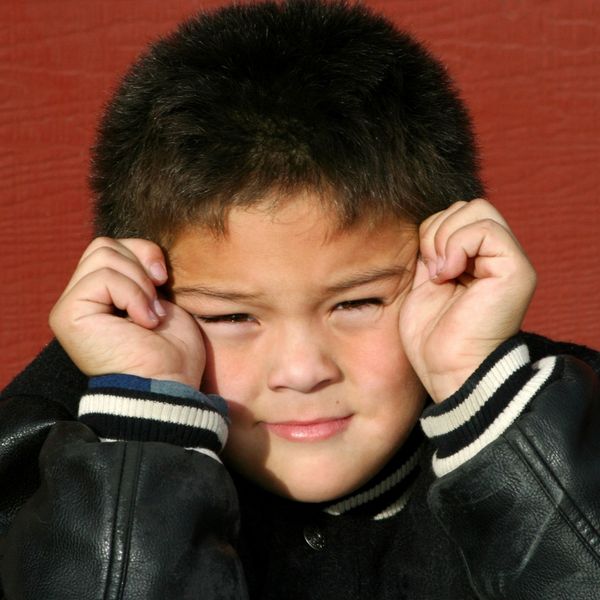
Squinting
If your child is squinting when they look at objects that are close to them or far away, it could be a sign of eye problems. The eye muscles squeeze the eyes into a smaller shape in order to focus better on an image that is not coming through clearly. If you notice your child squinting more often than normal, it is best to have them examined by an eye doctor. Common reasons for squinting include eye health issues like myopia (nearsightedness) or eye diseases such as macular degeneration — although pediatric cases of macular degeneration are exceedingly rare.
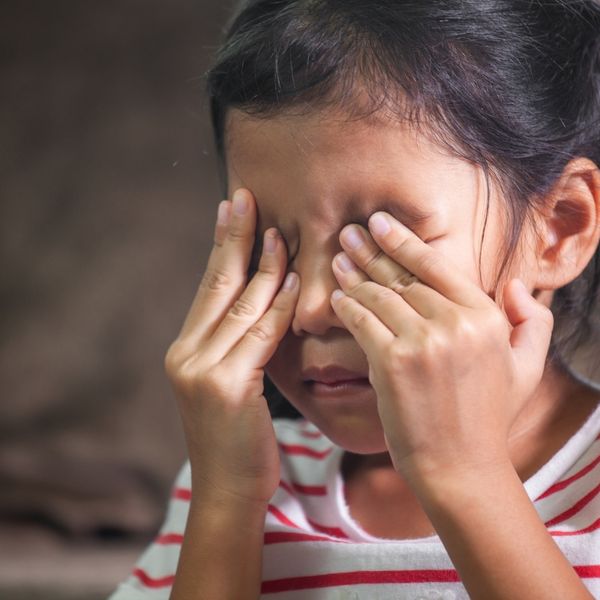
Eye Rubbing
If you notice your child rubbing their eyes more than normal, it could mean eye problems or tiredness. If eye rubbing is paired with other vision symptoms like eye redness and eye pain, then it may be a sign of an eye health issue that needs to be addressed by an eye doctor. Make sure to keep track of eye rubbing habits so that eye doctors can get a better understanding of your child's eye health issues.
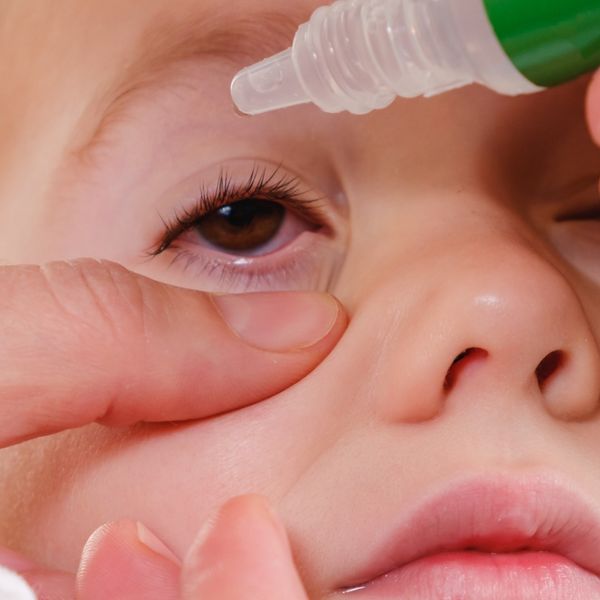
Eye Redness
Eye redness is a sign of eye irritation. It may be a simple eye allergy, eye infection or tired eye syndrome (red eyes from long hours spent staring at screens). If you have noticed your child's eyes becoming redder than usual and they are complaining of eye pain or blurred vision, it could be time to have them evaluated by eye doctors.
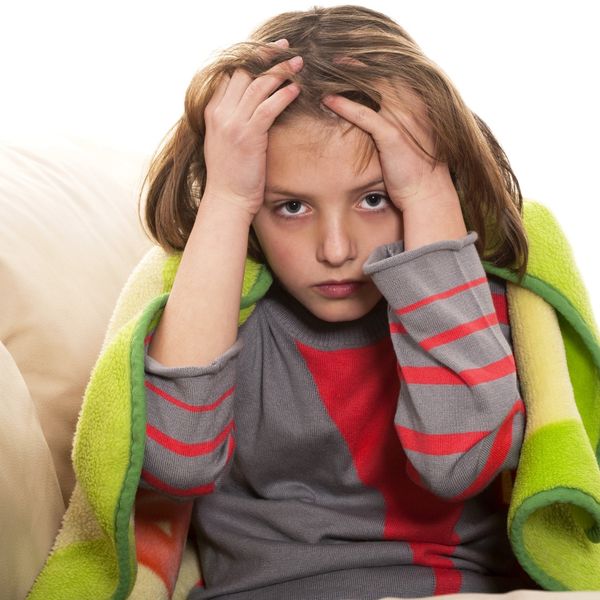
Headaches
If your child is complaining of headaches, it could be a sign that they are straining their eyes too much. This may be due to eye problems like nearsightedness or eye strain from staring at screens for extended periods of time. If you're concerned about your child's headache habits, talk to an eye doctor to see if eyeglasses may be the solution.
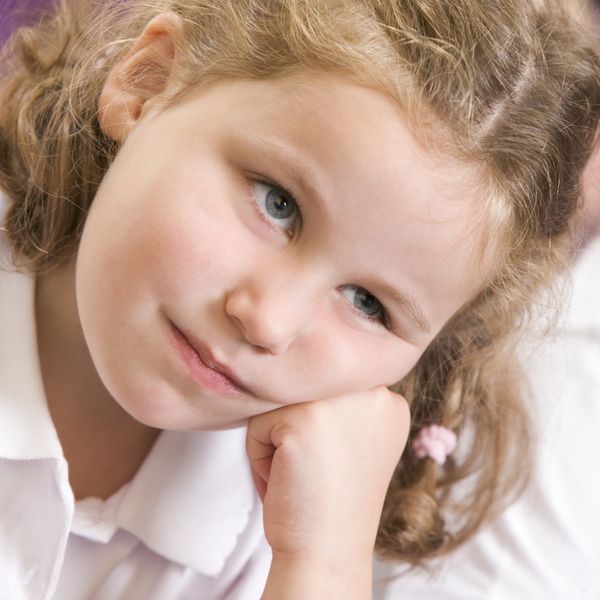
Head Tilting
You may find that your child commonly tilts their head in order to compensate for eye misalignments. Head tilting could be a sign of an eye muscle imbalance or "lazy eye" (also known as strabismus.) Children may tilt their heads as a result of ptosis, which is a drooping of the upper eyelid into the line of vision.
Tilting the head down allows your child to look past the eyelid that is in their way. Your child may tilt their head to make an item seem right in front of them, making it simpler for them to see. Also, your child may have double vision when looking down or in a specific direction, and they find that tilting the head can help to minimize double vision to a tolerable degree.
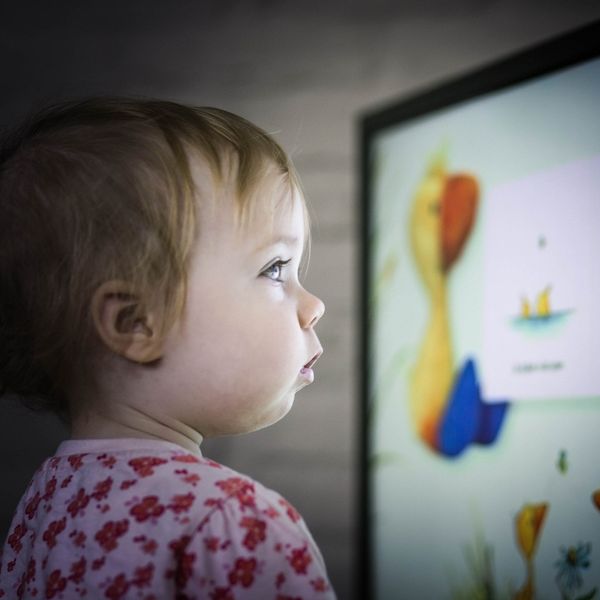
Sitting Close to the TV
Do you ever notice your child sitting abnormally close to the television? Have you ever seen your child with their tablet resting on their nose? It is common for individuals with nearsightedness to sit too close to the television or lean their heads while reading or viewing a tablet.
Children who are nearsighted have good close vision and poor distance vision. Bringing objects closer to their comfortable focal point makes them appear bigger and clearer. If your child regularly needs to be very close to an object to see it clearly, an eye examination is strongly advised since long-term uncorrected vision issues might get worse with time.
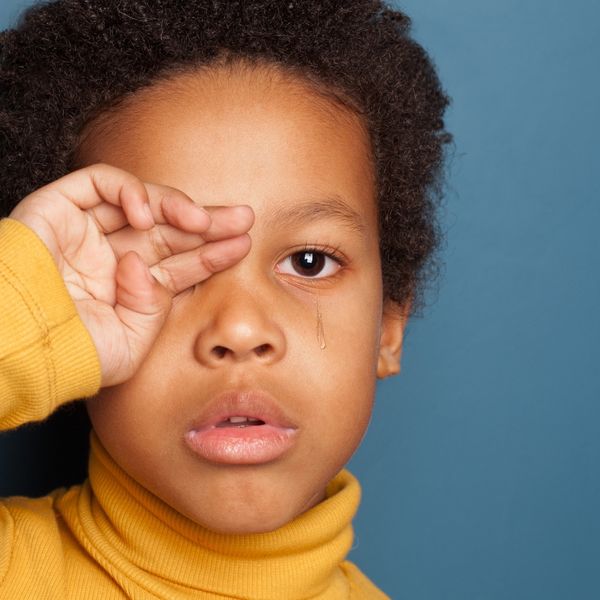
Excess of Tears
Lagophthalmos is a common problem in children. This condition causes eyes to dry out at night as a result of the eyelids not shutting fully while they sleep. This can result in excessive tear production during the day, which interferes with clear vision.
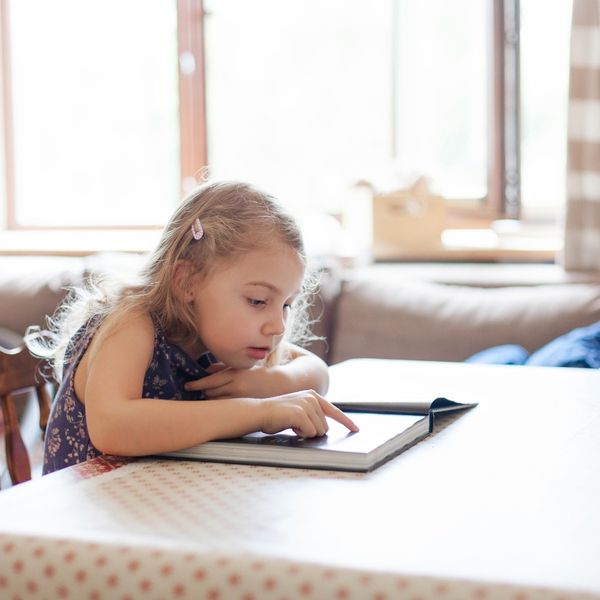
Depending on Finger Pointing While Reading
If you have your child read to you, see if they use their finger to keep track of where they are. Finger-pointing while reading isn't always a bad sign — in fact, it's usually an indication that your child is learning to read independently. However, finger-pointing might be an indication of an uncorrected vision issue such as amblyopia. The eyes of a person with amblyopia have a "crowding" problem in which letters or words appear extremely close to one another, making them hard to differentiate.
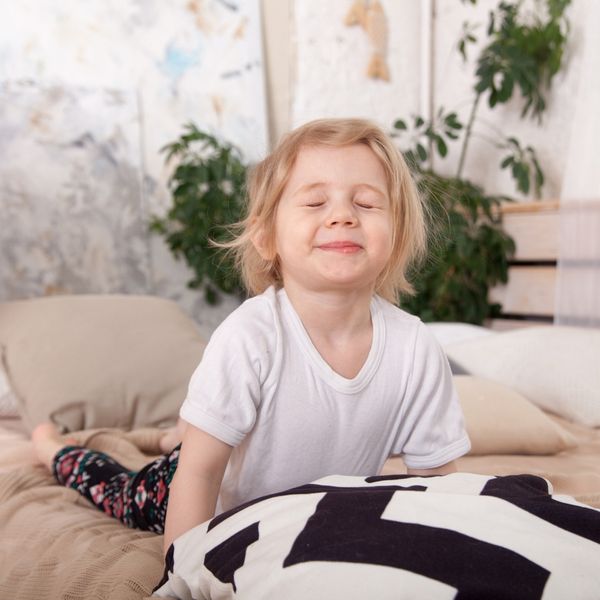
Sensitivity to Light
Some eye conditions can cause sensitivity to light (photophobia) or eye pain in bright lighting. These eye health issues may be accompanied by floaters, eye redness, and blurred vision. Make sure your child goes for their annual eye examination so that eye doctors can prescribe the best treatment for your child's eye health issue.
If you are noticing any of these signs in your child, it is important to schedule a professional eye exam. Visions Optique and Eyecare provides pediatric eye care in Scottsdale for kids of all ages! Schedule an appointment for your child today if you're concerned about their vision and have witnessed any of these signs of vision problems.
